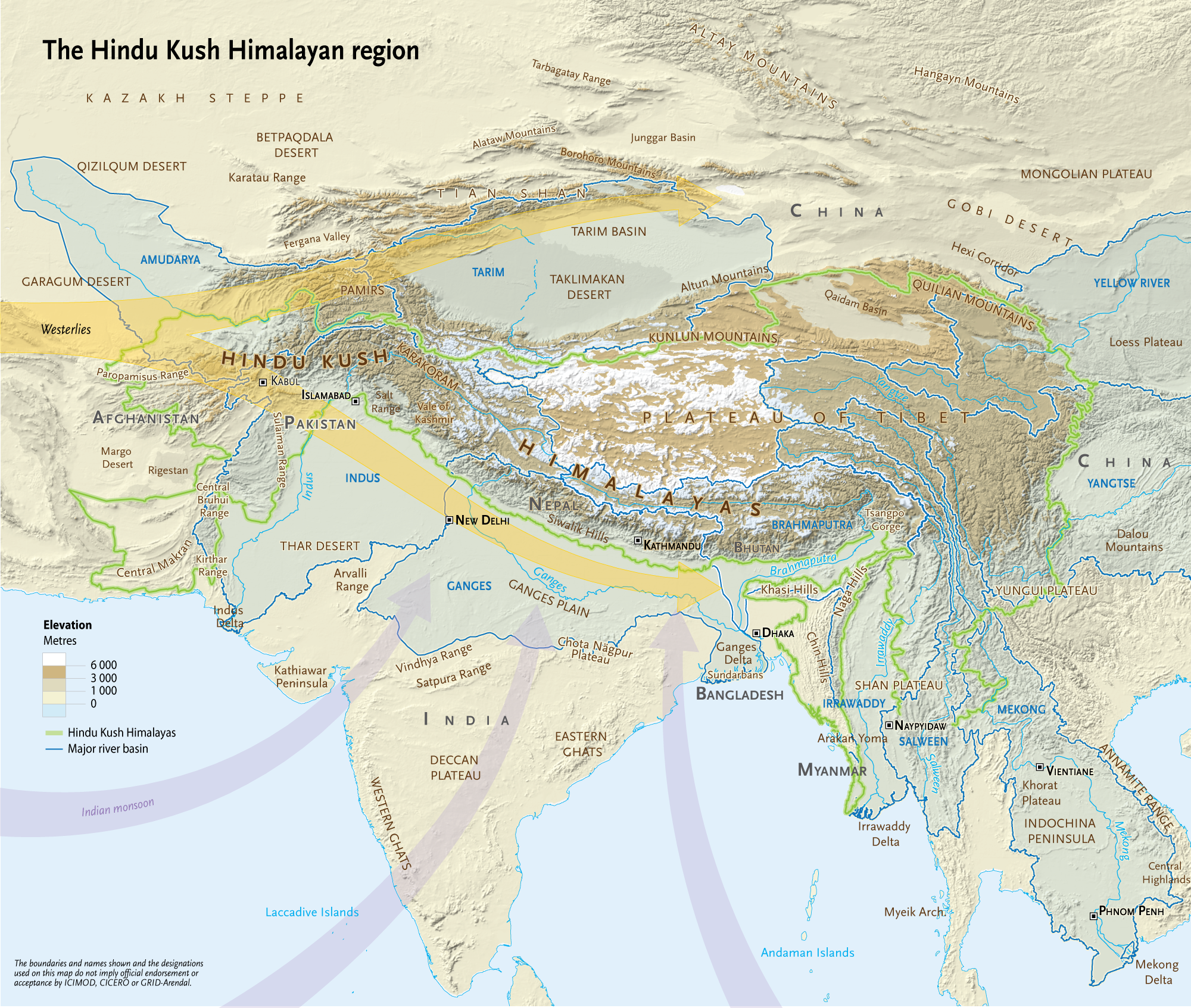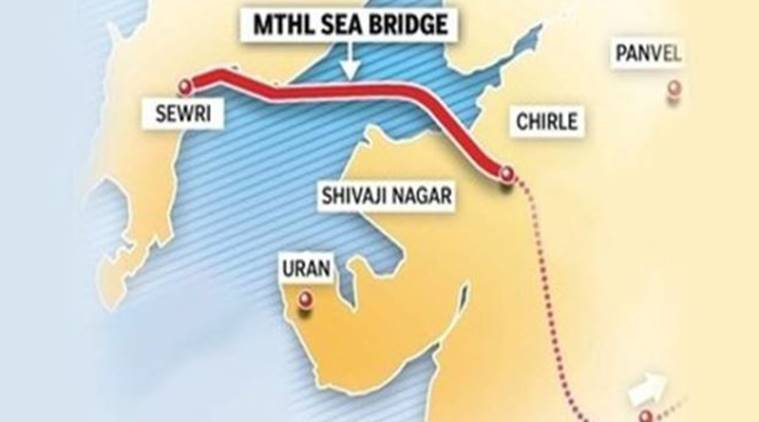Rapid Fire
Rapid Fire Current Affairs
- 31 May 2023
- 6 min read
Urgent Action Needed to Save the Himalayas from Climate Change
The Hindu Kush Himalaya (HKH) region, including Mount Everest, faces irreversible changes due to global warming. Rising temperatures endanger the environment, two-thirds of glaciers could vanish in 70 years, and extreme weather events become more frequent. The International Centre for Integrated Mountain Development (ICIMOD) urges immediate global action to honour the Paris Agreement, make emission cuts, and transition to renewable energy. The SaveOurSnow campaign seeks public support. With 240 million people and vital water resources at risk, protecting the Himalayas requires urgent action.
ICIMOD is an intergovernmental knowledge and learning centre that develops and shares research, information, and innovations to empower people in the eight regional member countries of the HKH – Afghanistan, Bangladesh, Bhutan, China, India, Myanmar, Nepal, and Pakistan.
International Everest Day is marked on May 29 in honour of the remarkable achievement of Edmund Hillary from New Zealand and Tenzing Norgay Sherpa from Nepal. The two battled ice and storms to reach the pinnacle of the highest mountain on the earth on May 29, 1953 and became the first people to do so.
Read more: Hindu Kush Himalaya (HKH) region
New Snake Eel Species Discovered in Odisha's Palur Canal
Scientists from the Zoological Survey of India (ZSI) have identified a new species of eel in the Palur canal of Odisha's Ganjam district. Named Pisodonophis kalinga after ancient Odisha, the eel belongs to the family Ophichthidae and order Anguilliformes.
It has a snake-like appearance and can range in length from 560 millimetres to 7 metres. The discovery was made in the Chilika lagoon, Asia's largest brackish water lagoon, and the adjoining Palur canal.
The new species, Pisodonophis kalinga, is abundant in the region during the monsoon season from September to November. DNA analysis confirmed its distinction from the previously assumed Pisodonophis boro (rice-paddy eel). This finding increases the total number of Pisodonophis species in Indian waters to three.
Read more: Zoological Survey of India (ZSI)
Mumbai Trans Harbour Link
The Prime Minister, Narendra Modi, expressed his delight over the Mumbai Trans Harbour Link (MTHL), emphasizing its significance in enhancing the "Ease of Living" for the people. The MTHL, also known as the Sewri–Nhava Sheva Trans Harbour Link, is a remarkable infrastructure project that holds the potential to transform connectivity in the Mumbai Metropolitan Region. With its construction underway, the MTHL aims to create a 21.8 km 6-lane access-controlled expressway grade road bridge, making it India's longest sea bridge. The MTHL's completion will alleviate the perennial problem of traffic congestion and reduce travel time between Sewri and Chirle to just 15 to 20 minutes, providing a much-needed respite to commuters.
With an open road tolling system, MTHL becomes the country's first project to adopt a method of collecting tolls without requiring vehicles to stop or slow down. This innovative approach, using electronic sensors and cameras, streamlines traffic flow and enhances efficiency on the bridge. Additionally, the MTHL utilizes Orthotropic steel deck technology, a construction method that combines strength and flexibility. This technology allows the bridge's steel deck to withstand heavy loads, such as vehicles, while maintaining a lightweight structure.
Read more: India’s Infrastructure Push
Declining Foreign Direct Investment in India
The fiscal year 2022-23 witnessed a decline in foreign direct investment (FDI) inflows into India, attributed to global factors identified by the Department for Promotion of Industry and Internal Trade (DPIIT). Despite India's commitment to liberal FDI policies, the combined effect of the hardening interest rates and deteriorating geopolitical situation has likely diminished investor confidence and appetite for investing in the country. This decline has been notable in five crucial sectors, including computer hardware and software, construction, education, automobiles, and metallurgical industries. These sectors, accounting for a significant share of 30 billion USD in total FDI in the previous fiscal year, necessitate a comprehensive analysis to uncover the specific reasons behind the contraction.
The consequences of declining FDI inflows are substantial, as FDI equity inflows experienced a 22% decline, amounting to USD 46 billion in the fiscal year 2022-23. Notably, investments during the January-March quarter plummeted by a staggering 40.5%, totaling USD 9.28 billion. Such a significant downturn in FDI inflows poses implications for India's economic growth, employment opportunities, and technological advancements. To tackle this situation, policymakers and stakeholders must conduct a comprehensive analysis of the factors influencing FDI inflows, considering both global and sector-specific challenges.
Read more: foreign direct investment (FDI)








